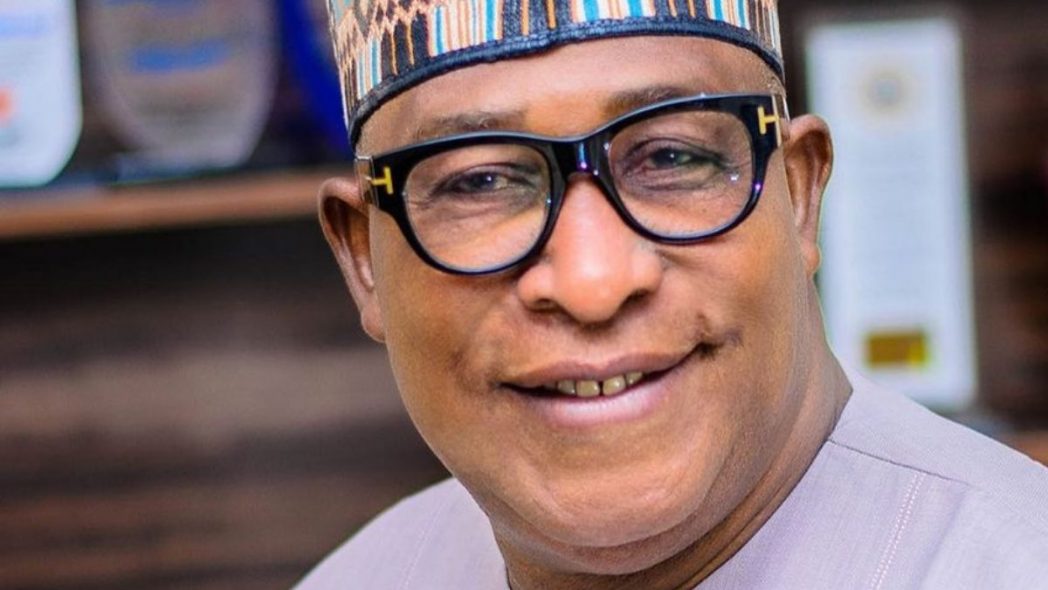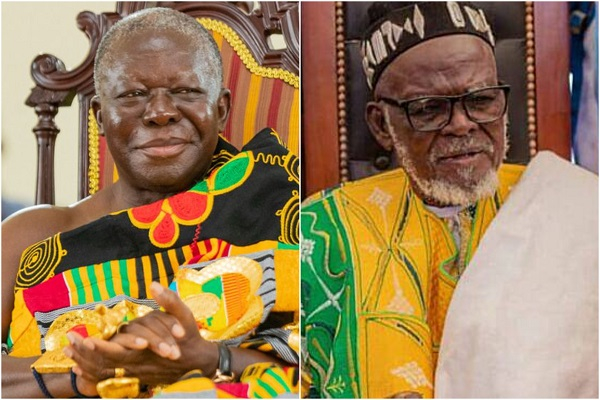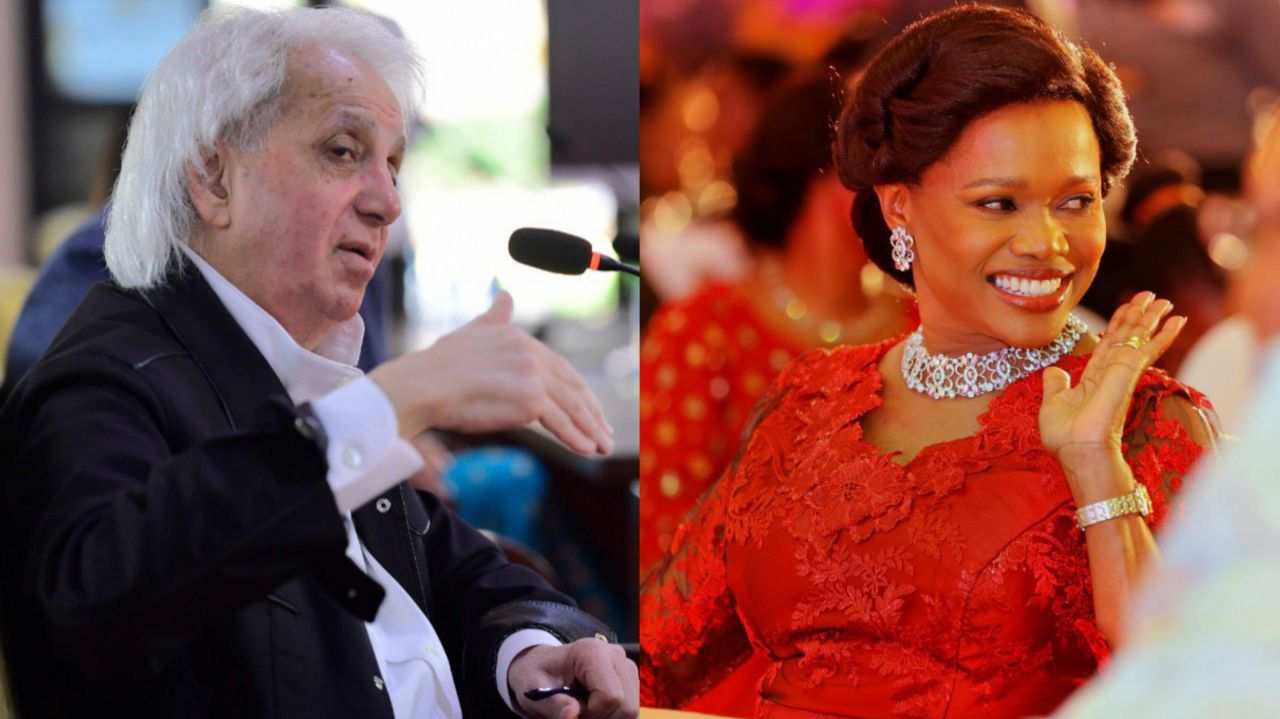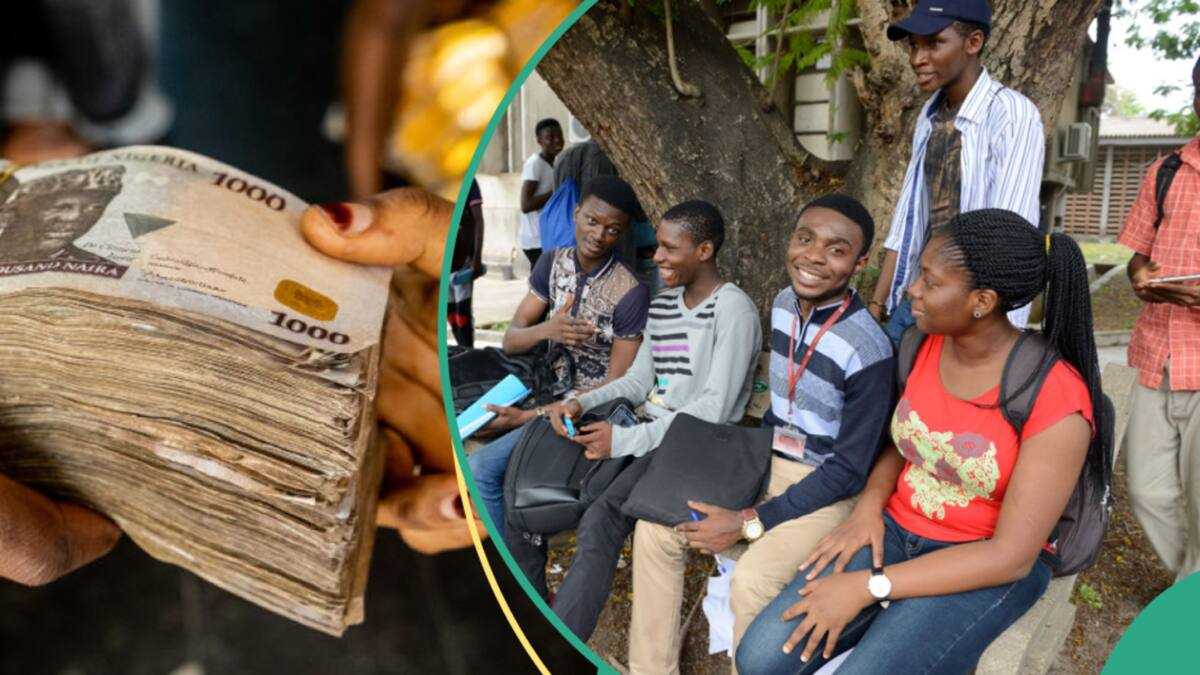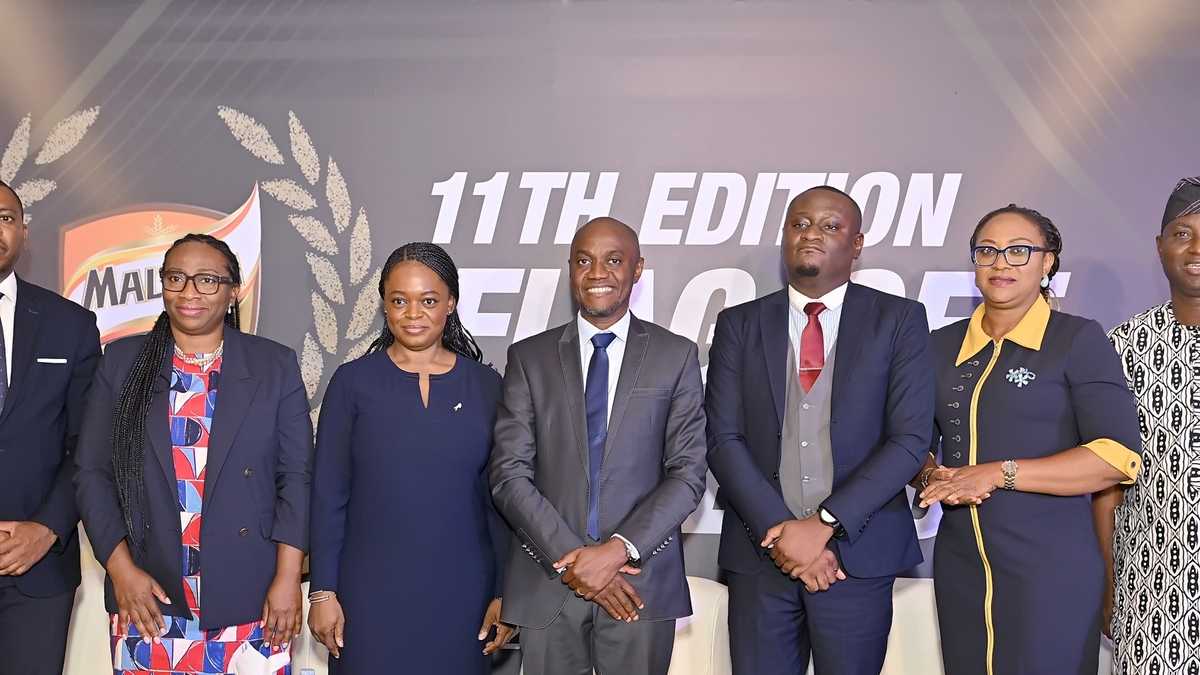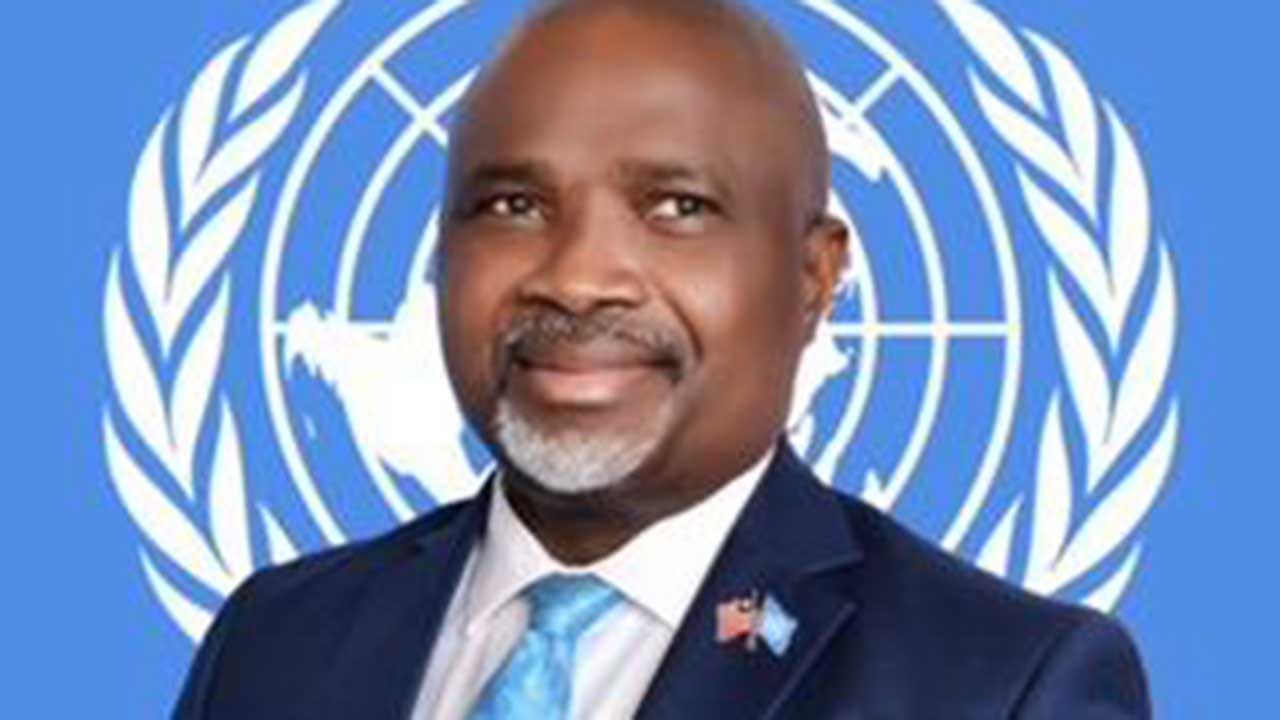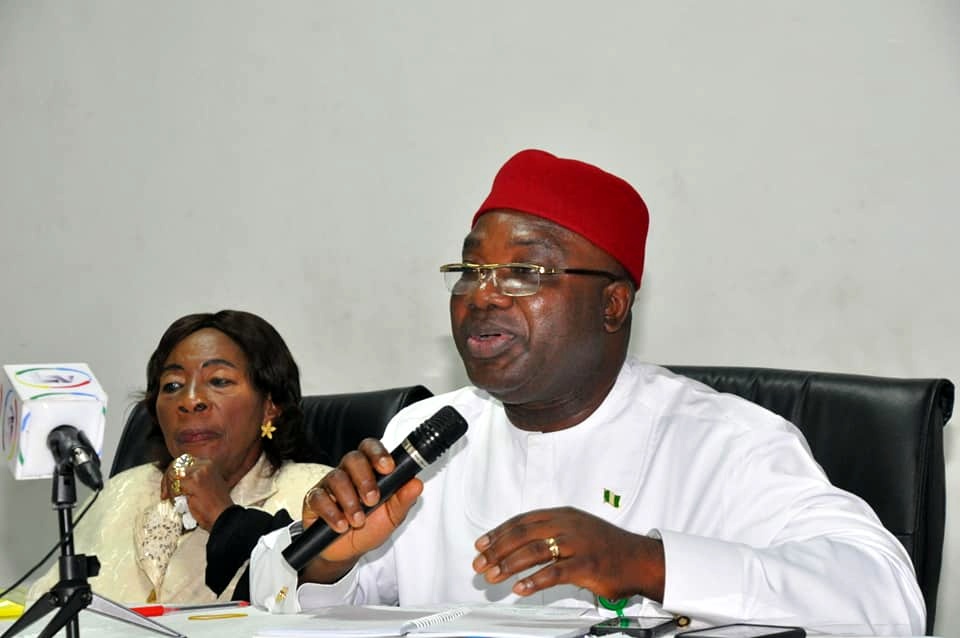Democracy Day: NHRC, ImpactHouse advocate improved human rights
National Human Rights Commission (NHRC) has reiterated that enhancing human rights protection was a fundamental way to honour those who fought for democratic governance.
The commission stated this as the nation celebrated Democracy Day, yesterday.
The Executive Secretary of the NHRC, Dr Tony Ojukwu, while expressing the commitment of the commission to justice, equality, peace, and human dignity in the nation’s 26 years of uninterrupted democracy, said the NHRC had made significant strides in advancing democracy, including mobilising voters for elections and promoting citizens’ participation.
According to him, the commission has also continued to monitor elections to ensure compliance with human rights standards, working tirelessly to promote free, fair, and credible polls.
He added that before the 2023 General Elections, the commission held town hall meetings for presidential and gubernatorial candidates, ensuring they mainstreamed human rights in governance when elected to power.
This initiative, he noted, underscored the commission’s commitment to holding leaders accountable for human rights protection.
He pointed out that NHRC recognises the intrinsic link between human rights and democracy where the protection of fundamental rights is essential for sustainable development.
However, the NHRC boss expressed concern over the rising insecurity and economic hardship threatening the dignity and rights of many Nigerians.
IN its message to commemorate the day, ImpactHouse Centre for Development Communication urged President Bola Tinubu, state governors, and public servants to uphold democratic values, including inclusion, constructive criticism, and civic respect.
The Executive Director, ImpactHouse, John Andah, in a Democracy Day message, said June 12 served as both a celebration of hard-won liberties and a time for reflection on citizens’ rights to speak out and engage the government without fear of reprisal, especially three decades after the annulment of the June 12, 1993, elections.
ImpactHouse, however, highlighted growing concerns over hostile and dismissive communication from public officials, particularly on social media, where citizens raising legitimate concerns were often labelled as ‘opposition’ or ‘naysayers.’
He cited the instance of President Bola Tinubu reportedly, in a recent comment, encouraged the Minister of the Federal Capital Territory (FCT), Nyesom Wike, to disregard ‘busybodies and bystanders’ amidst public criticism, raising concerns about the implications of such language on citizen participation in democracy.
ImpactHouse pointed out that critiques of government actions or calls for transparency from journalists and activists were integral to civic duty and should not be dismissed.
The organisation emphasised that the erosion of democracy could occur not only through coups but also through the normalisation of contempt for dissent.
